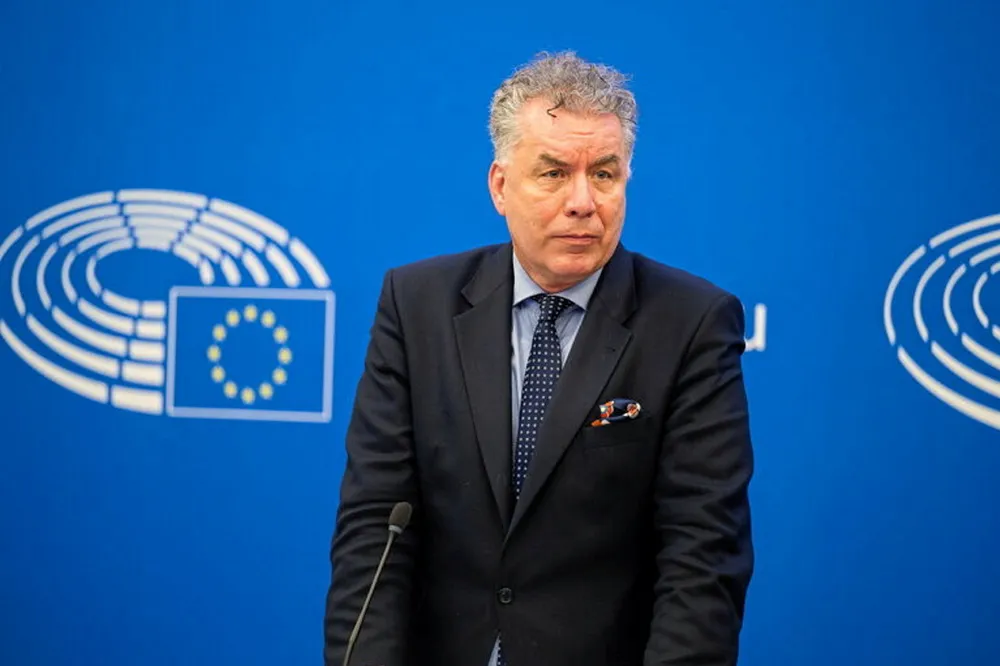Hydrogen 'resilience' | EU moves forward with target for 40% of electrolysers to be made in Europe
European Parliament and Council reach provisional agreement on Net Zero Industrial Act

European Parliament and Council reach provisional agreement on Net Zero Industrial Act
